Robin Nieto
Periodista venezolano. Venezuelan journalist.
47 articles
The 2nd Bolivarian Congress of Peoples
by Robin Nieto
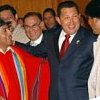
Caracas (Venezuela) | 10 December 2004
Coal mining in Venezuela
by Robin Nieto

Caracas (Venezuela) | 10 December 2004
by Robin Nieto
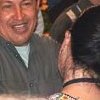
Caracas (Venezuela) | 6 December 2004
by Robin Nieto

Caracas (Venezuela) | 5 December 2004
by Robin Nieto

Caracas (Venezuela) | 5 December 2004
by Robin Nieto

Caracas (Venezuela) | 10 November 2004
by Robin Nieto

Caracas (Venezuela) | 10 November 2004
by Robin Nieto

Caracas (Venezuela) | 4 November 2004
by Robin Nieto
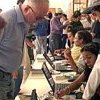
Caracas (Venezuela) | 31 October 2004
by Robin Nieto

Caracas (Venezuela) | 27 October 2004
by Robin Nieto

Caracas (Venezuela) | 26 October 2004
by Robin Nieto

Caracas (Venezuela) | 25 October 2004
by Robin Nieto
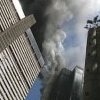
Caracas (Venezuela) | 22 October 2004
The Guaicaipuro Mission, Part I:
by Robin Nieto
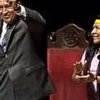
Caracas (Venezuela) | 22 October 2004
by Robin Nieto
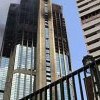
Caracas (Venezuela) | 19 October 2004